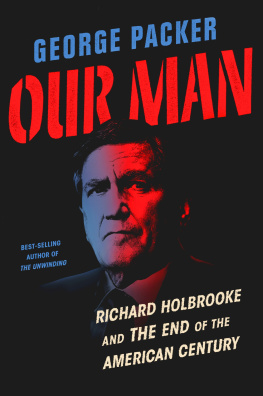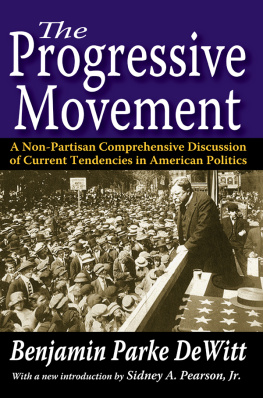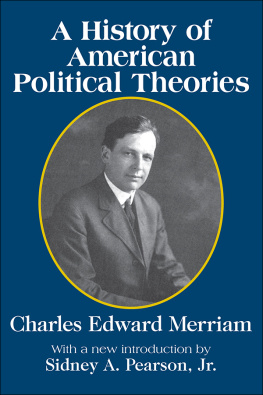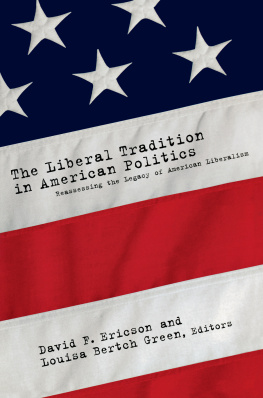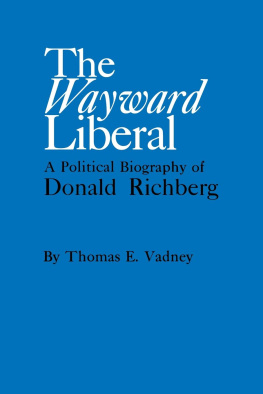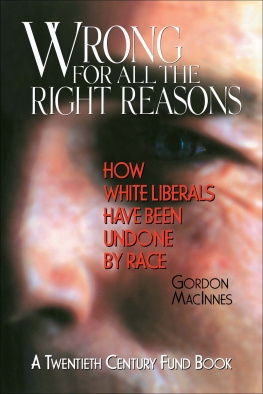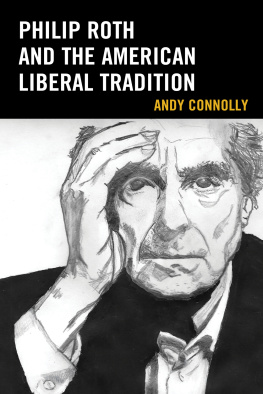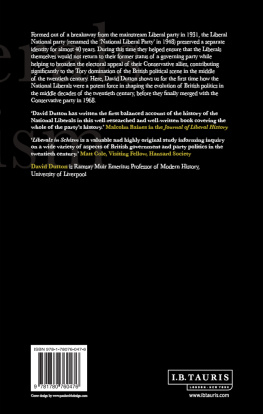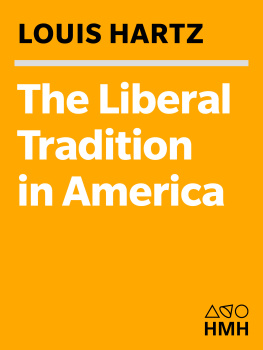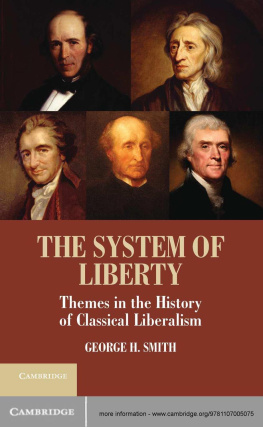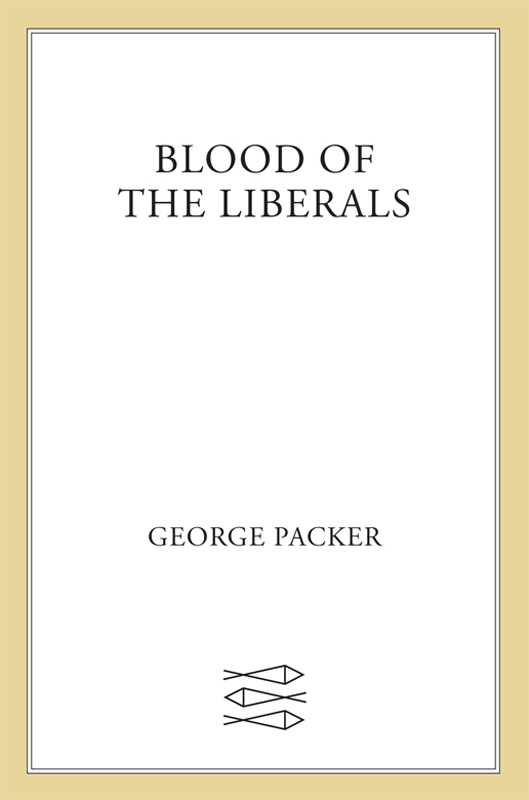Contents
Guide

The author and publisher have provided this e-book to you for your personal use only. You may not make this e-book publicly available in any way. Copyright infringement is against the law. If you believe the copy of this e-book you are reading infringes on the authors copyright, please notify the publisher at: us.macmillanusa.com/piracy.
Contents
For my mother and sister
and in memory of my father
In early 1969 my father suffered a stroke that paralyzed his right side and left him a cripple who had difficulty speaking whole sentences. He was forty-three and about to leave his position as an academic administrator at Stanford to return to the rational world of teaching law. Throughout 1968 he had been battling sit-ins and firebombings at the university, while the country was torn apart by riots, assassinations, and the endless war in Vietnam. After these upheavals, the year ended with the election of Richard Nixon, the politician my father had hated all his life.
At the time of his stroke I was eight years old. I didnt know why my father got sick; I knew still less why students shouted at him on the campus radio, why the Democratic convention in Chicago turned into a pitched battle as we watched on television, why the word assassination put such a spell on me. But I understood with a childs clarity that the world, which not long before had been a delightful place of caterpillars and basketball, was suddenly full of danger, that the adults had lost control and were helpless to protect me. Even then I sensed my fathers fragility, not just in his body but in his manner of thinking and livingthat his commitment to the life of reason stood no chance against the world going mad.
He was a liberal. He once called himself a nineteenth-century liberal, but it would be more precise to say that he was a procedural, civil-libertarian, John Stuart Mill, Adlai Stevenson, Eugene McCarthy liberaland he believed in liberalism with a confidence that would be impossible to muster today. In 1968 this species was under assault from two directions: on its left, radical students denounced their teachers as apologists for imperialism or, even worse, irrelevant; on its right, the Nixon-Agnew backlash professed to speak against the elitists and for the great silent majority who wanted law and order. Between intolerable pressures and the suppressed rage of his response, my fathers brain, the instrument of his lifes work, was flooded with blood from a burst vessel one night as he slept. He lived for three more years, struggling to walk again, thick of speech, increasingly despondent, until he committed suicide on December 6, 1972.
I never knew him well, and I spent the first twenty years after his death trying to escape the shadow of the man in the wheelchair. The face of his illnesspallor, the dark beard, the stammering mouth, and the deep black eyes that shone with fearblotted out every other memory. Of the man who had studied, gone to war, practiced law, loved, married, fathered, taught, written, argued, and reasoned in the forty-three years before the stroke, I knew little and remembered nothing.
A few years ago, I found myself wondering about him again. All through the autumn of 1992, as the Democrats closed in on the presidency and conservatism finally looked defeated, I kept thinking about 1968, the year my fathers liberalism collapsed. Six weeks after Clintons victory, I flew back to California to spend Christmas at my mothers, in the house where Id lived my first eighteen years. I asked my mother if she had any papers of my fathers. She mentioned some boxes in the garage. I found them up in a loft, five cardboard boxes that had sat moldering and untouched for the twenty years since his death. I dragged them into the house and stayed up late every night for a week reading everything my father had left behind, hundreds and hundreds of pages, drafts of speeches, articles, reassuring letters to his parents handwritten aboard a destroyer during World War II, an angry resignation he never submitted, the blue carbons of letters written to colleagues in the last desperate weeks of his life. I read without knowing what I was looking forsimple facts, evidence of his other life apart from the wheelchair and me, and of the kind of life it had been. I suppose I was digging for an answer to the question buried under the intervening years: Why did it happen? And the related question, unanswerable when I asked it at eight and unanswerable now: Will it happen to me?
For twenty years my mother, my sister, and I had seldom spoken of my father. If he happened to come up in conversation, pain and embarrassment entered the room and stayed until he disappeared back into the silence with which we all felt more at ease. But during those nights in the family room with the cardboard boxes, my father came back. While I read, I imagined him at the end of the dark hall that led past the kitchen to the living room, leaning on his cane in just the spot where as a boy Id fantasized an intruder bent on murder. But his eyes were fixed on me with warmth and a strange insistence. I found that I wanted to know him again. I wanted to share the good news of the Democrats victory, and to find out what had gone wrong a quarter century earlier for my father and his politics. But now he was silent.
My mother seemed disturbed by the way I was spending my holiday.
You were up late, she said one morning. What are you doing anyway?
Just reading stuff. I need to ask you some things about Dad.
My mother and I had always talked freelyexcept about my father. After his death she didnt remarry but instead rebuilt her life around her children and her work in the creative writing program at Stanford. Students revered her, younger women looked to her as a model of strength and independence. Now she was nearing seventy and retirement. She had willed her own peace with the past, and she could only regard my intrusion as a threat.
I would prefer not to, she said, and then she resigned herself, knowing that, however unwelcome to her, this was necessary for me.
One night we sat down at the 1960s-style round white-laminate kitchen table where as a family of four we had endured so many tense dinners after my fathers stroke. My mother waited with patient resentment for the interrogation to begin.
What was he like in the last weeks of his life? Did he leave a note before he went away that Monday twenty Decembers ago? What did it say? Did it mention me? Had he tried to kill himself before, talked about doing it before? Exactly what caused the stroke? What were the early years of their marriage like? Did he ever discuss his parents, his childhood? What happened to him in 1968? What was she going through that year? What was I like then?
Some of the questions made her grimace or groan, and once her eyes filled, a rare thing. Do you have to ask this? Why do you want to know? But she answered every question that night. She answered some questions I didnt even ask. Over the following months and years, through many other conversations, she kept nothing from me, without ever relinquishing her right to let me know what it cost her. She told me about not just my father but hers as well: her politician father, my namesake, George Huddleston, who represented Birmingham, Alabama, in Congress for twenty-two years in the early part of the century. He fought countless lonely fights on behalf of those he called the plain people until, in the 1930s, the coal miners and ironworkers and dirt farmers back in his district finally rejected their small, passionate, maverick of a congressman. She told me about her childhood in a large unhappy family with hopelessly mismatched, warring parents. She told me stories that she herself had chosen to omit from her own writings about her family, out of a desire not to wound her mother, who was still alive then. Loyalty is my favorite virtue, she said in the middle of one of our conversations, as if to warn me: Handle with care. On the continuum between loyalty and disclosureperhaps this was generational as much as personalwe came down at widely different points. And yet she placed in my hands all the instruments of her own pain.


